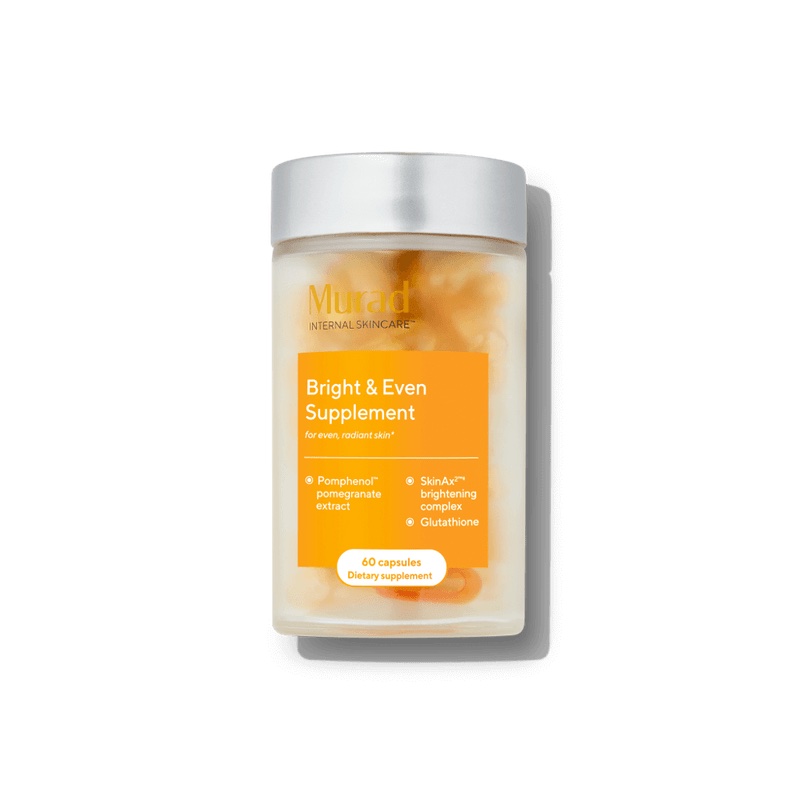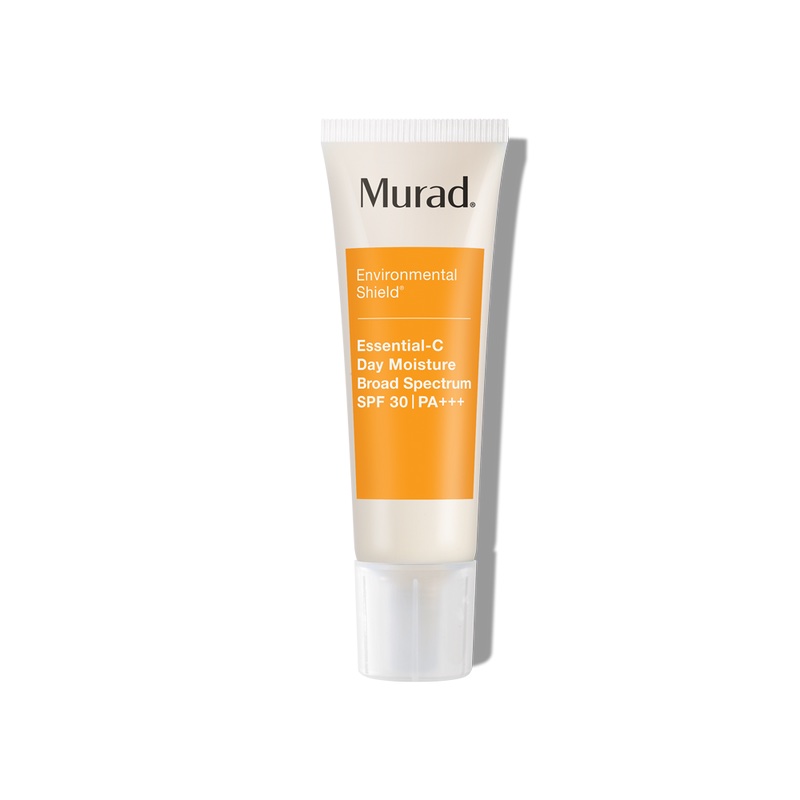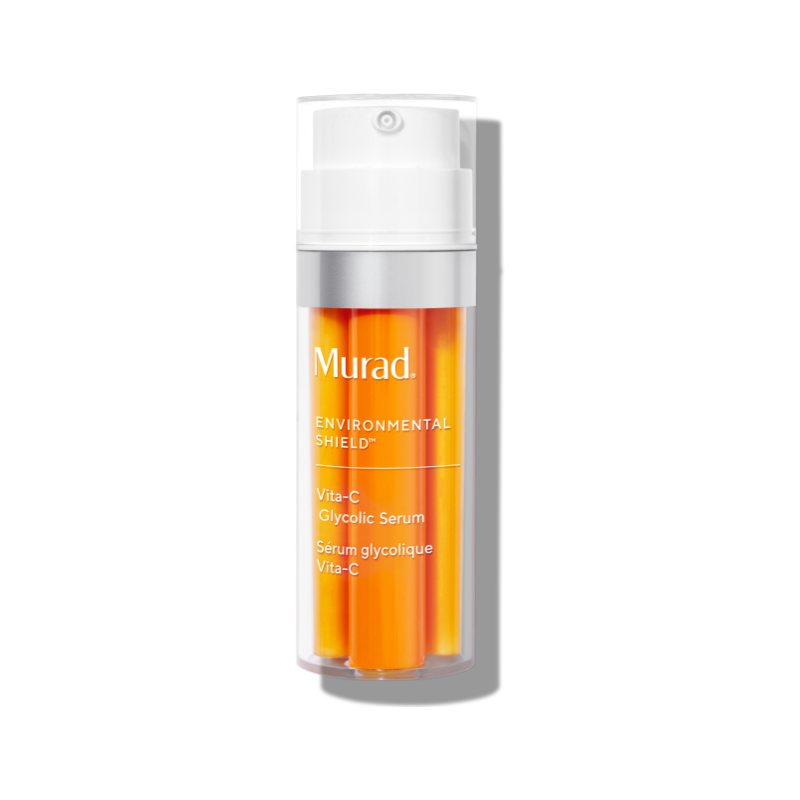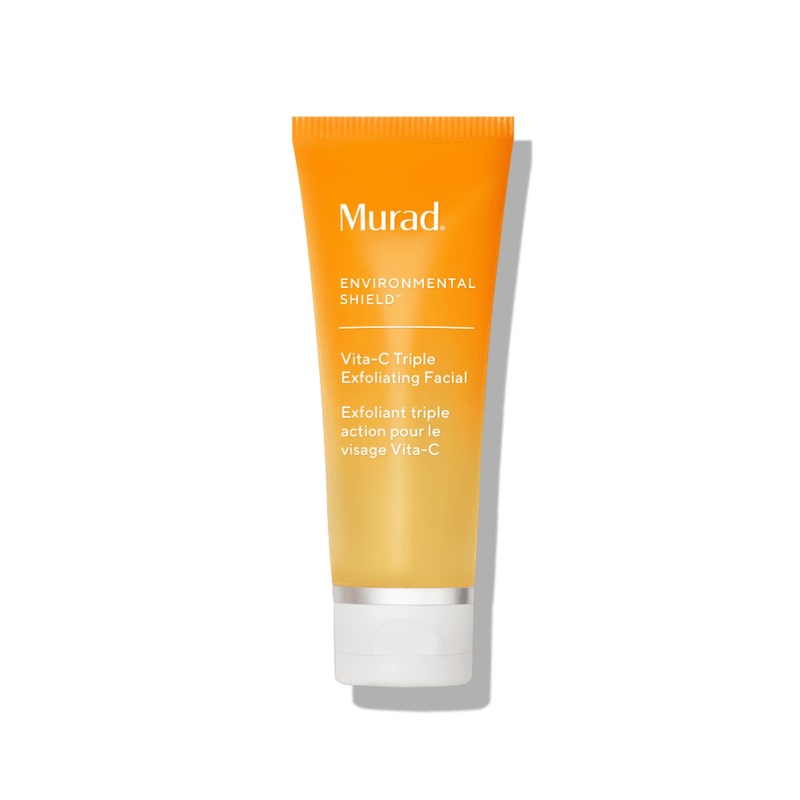Not all vitamin C is created equal. Here’s how to suss out the right one for you

Widely regarded as the superhero of radiant skin, vitamin C has its share of kryptonite. Why? Traditional vitamin C (L-ascorbic acid) dissolves easily in water, is highly acidic, and your skin’s own oils repel it.
So how do we capture the benefits of vitamin C in skincare? By uncovering the latest vitamin C technologies and helping youfind the best vitamin C skincare for your needs.
Why your skin needs vitamin C
Despite its challenges, your skin needs vitamin C because our bodies don’t naturally produce it. To get all of vitamin C’s incredible benefits, we need to eat it and apply it to our skin.
Vitamin C is a powerful antioxidant that can help manage the two ways skin ages: genetically (a.k.a. the natural aging process) and environmentally (including UVA/UVB rays, blue light from devices, pollution, smoking and a poor diet that stress your skin and accelerate damage).
Both genetic and environmental aging show as hyperpigmentation (think dark spots, age spots, or brown spots), dullness, lines, wrinkles and loss of firmness. And, vitamin C in skincare can help correct them—if you use one that’s clinically proven to work.
What are the benefits of vitamin C in skincare?
The benefits of vitamin C in skincare include preventing visible skin damage like hyperpigmentation, dullness and uneven tone, and diminishing the appearance of fine lines and wrinkles. But as we mentioned, vitamin C is comes with its share of challenges.
Traditional vitamin C:
- Degrades over time
- Antioxidant defense
- Problematic absorption
- Works once in skin
What’s the best vitamin C for my skin?
The best kind of vitamin C is one that works! The key to this is keeping it stable during formulation, meaning it can be formulated without losing efficacy so it’s at maximum potency when applied to skin.
Vitamin C efficacy can be enhanced by stabilizing the molecule with gold: When attaching gold to vitamin C, studies show higher antioxidant defense capabilities versus vitamin C alone. There are also varying types of vitamin C (such as etrahexyldecyl ascorbate, or THD for short) that are known for their excellent skin absorption. Glutathione, a potent antioxidant, helps recycle vitamin C in skin to extend its benefits.






